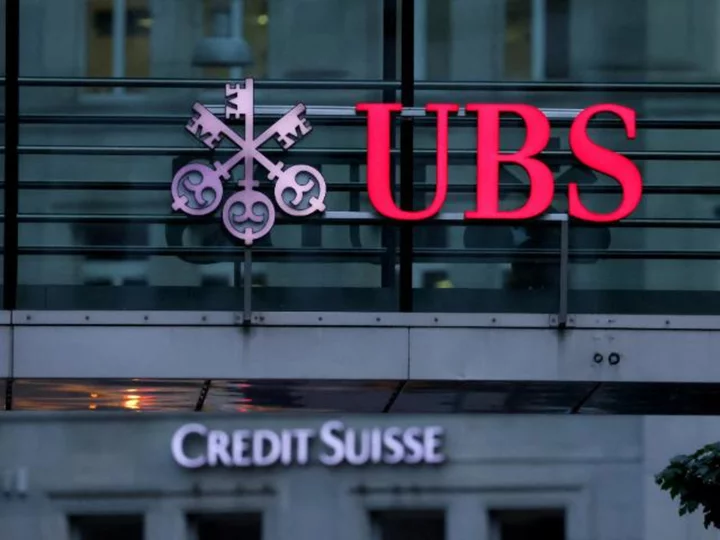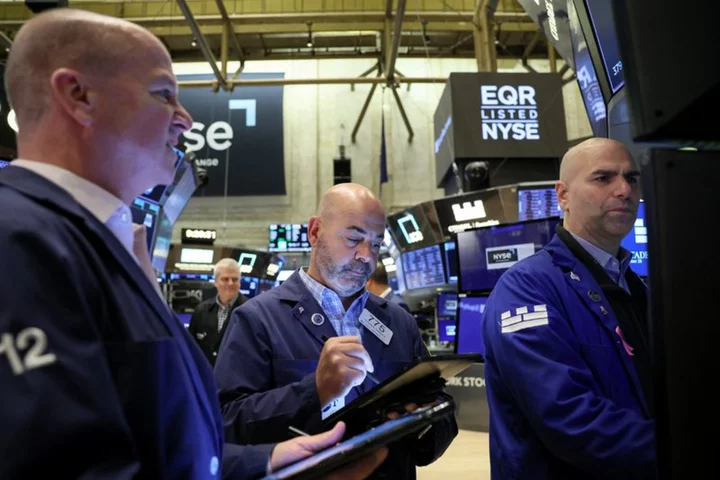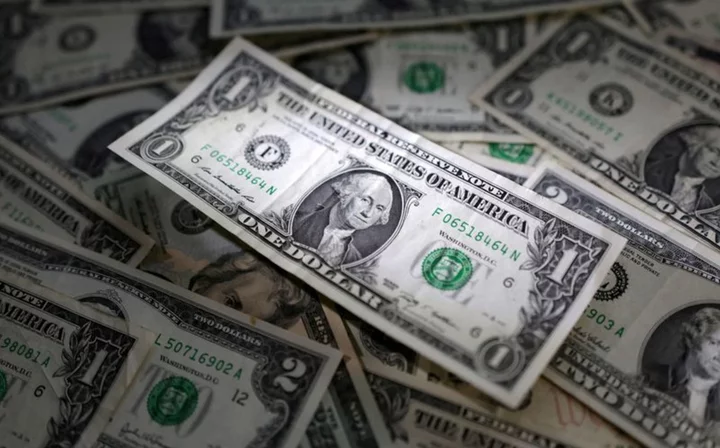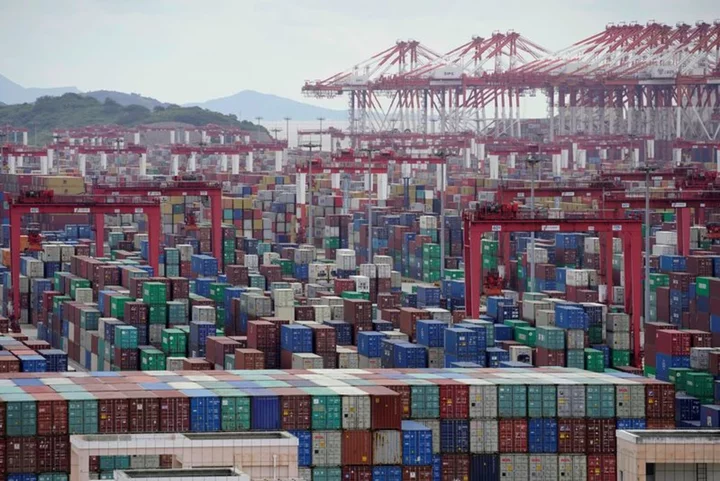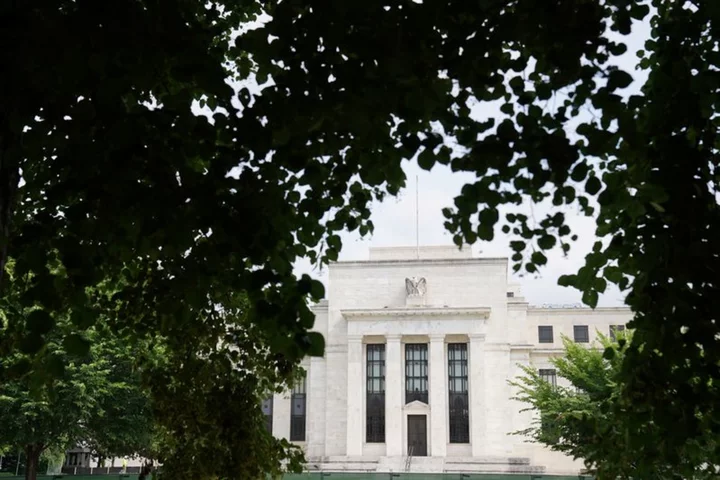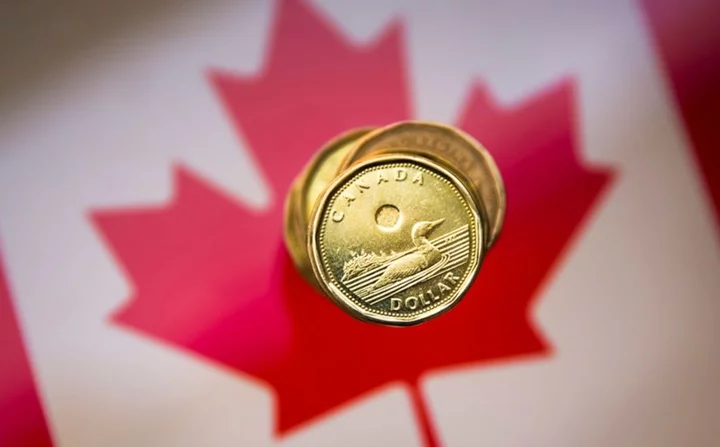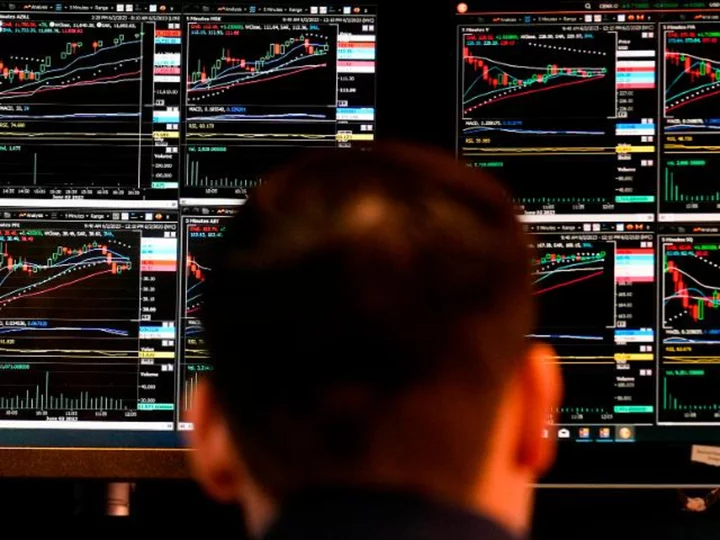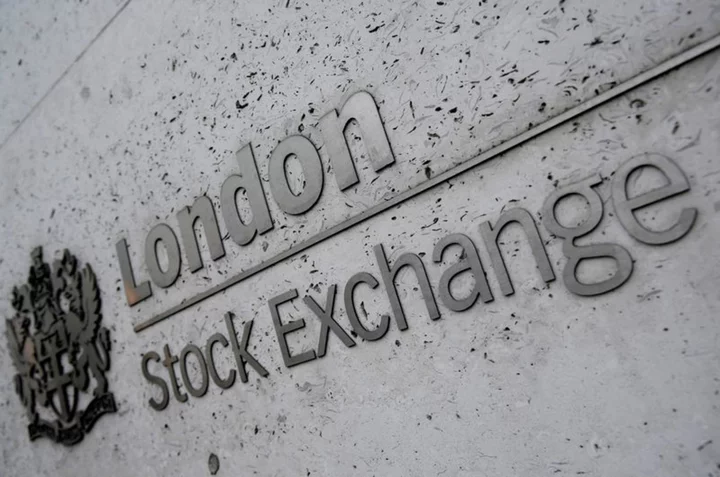The collapse of Silicon Valley Bank and the US regional banking crisis that followed earlier this year had major economic and regulatory repercussions for lenders across the globe, some of which may be felt for years to come. But now that the more immediate threat of the crisis has dissipated, some clear winners have emerged.
Shares of UBS (UBS) are up about 20% since it rescued Credit Suisse from collapse, and just last week the bank reported a $29 billion quarterly profit — that's a record high for any lender. The huge figure was almost entirely due to the discrepancy between Credit Suisse's balance sheet value and the $3.8 billion that UBS paid to acquire the bank.
JPMorgan Chase (JPM) shares, meanwhile, have gained more than 6% since it purchased First Republic Bank. The bank's profit also surged to a record high following the acquisition.
UBS still has to complete the mammoth and risky task of integrating a bank once deemed too big to fail. But what seemed like altruistic acts by large lenders meant to keep the banking system afloat have turned into big wins for some of the world's largest banks.
Before the Bell spoke with David Kotok of Cumberland Advisors, an investment advisory firm with about $2.2 billion in stock holdings, to discuss what comes next and why he's staying away from banks right now.
Before the Bell: Now that the dust is hopefully settling on this year's regional banking crisis, are there clear winners and losers in the banking sector?
David Kotok: There's no question the [global systemically important banks, G-SIB] won and the middle-sized banks — let's call that banks with between $50 billion and $250 billion in assets — were the losers.
We know that there's a proposal for mid-sized banks worth $100 billion or more to have to issue a debt series to shore up their capital, and there's opposition to it. And we know that there is a movement to rewrite the G-SIB rules [requiring the largest banks to maintain extra capital in case of an emergency]. All these things are currently uncertainties. So you have the uncertainty premium on, I would say, this huge majority of assets in the entire banking system.
In my portfolio we own no bank ETFs, none. I think when you face sequential uncertainty elements which are beyond the control of the normal business cycle, then prudence is to avoid this sector.
UBS just had a gangbusters earnings report after acquiring Credit Suisse and JPMorgan Chase is doing pretty well after it took on First Republic. At the time of the regional banking crisis, JPMorgan Chase CEO Jamie Dimon seemed to be doing a lot to help resolve the crisis and now it appears that his bank is benefiting to an even greater extent than predicted.
JPMorgan is a unique institution. It's the highest-rated G-SIB bank of the eight in the United States. So, number one, it is in a class by itself. Number two, you could say that has been the case since the banking crisis of 1907 when Mr. J.P. Morgan launched the group to meet at Jekyll Island and create the central bank of the United States, the Federal Reserve. In a way, the role of J.P. Morgan classically in America is being fulfilled again today.
The class of the G-SIB banks, especially JPMorgan Chase, is expected to be an unofficial arm for the purpose of financial stability in the United States. And that has been the case for 100 years. We talk all day long about the Federal Reserve and the dual mandate, unemployment and inflation. But no one talks about the unwritten mandate, financial stability. JPMorgan is a premier institution of the American banking system with a role of assisting for financial stability and that hasn't changed.
Still, that doesn't make the banking system stocks attractive right now. Someday, they'll be cheap and a really good buy. But they face headwinds right now.
Is consolidation of regional banks a problem?
Consolidation is a trajectory that has been underway for decades, and will certainly continue, and it will pause. It's not a linear trajectory, it's a step function. Every time there's an issue, there's consolidation that follows. Then there's a pause, then there's another round — and entry for new banks is harder. So if you stand back from the immediate 2023 banking crisis, and you say, how many banks were there 20 years ago in the United States, how many banks are there today? And what has the trend been for half a century? There's been fewer banks and more concentration, and no matter what the political discussion is, the concentration continues, big gets bigger, and there are fewer players. That hasn't changed and it is not likely to change.
The UK economy is bigger than we thought
The UK economy recovered from the Covid-19 pandemic much faster than previously thought, reports my colleague Hanna Ziady.
New data published by the Office for National Statistics Friday showed that by the end of 2021, UK gross domestic product was actually 0.6% larger than in the final quarter of 2019 — before the pandemic struck — rather than 1.2% smaller as previously estimated.
The ONS had said as recently as last month that UK GDP had still not reached its pre-pandemic size by the second quarter of this year.
The dramatic revisions mean the UK economy has grown much more strongly since the end of 2019 and is no longer the worst performer in the G7, faring better than Germany, although still lagging behind the rest of the group — the United States, Canada, Japan, Italy and France.
John Springford, deputy director at the Centre for European Reform, a think tank, said: "The revisions are good news. But since 2021 the economy has stagnated — and that followed a period of below-trend growth after the [2016] Brexit referendum. So while the size of the economy is bigger than we thought, Britain still has a growth problem."
The state of return-to-office policies: a post-Labor Day reset?
Summer is unofficially over and that means the end of summer Fridays. For many office workers around the United States, it also means more return-to-office mandates.
Last month, Amazon CEO Andy Jassy told employees they were free to disagree with the company's policy requiring them to be in the office at least three days a week, but they couldn't disregard it, reports CNN's Jeanne Sahadi.
Meta, meanwhile, told employees that come Sept. 5 those already assigned to an office must come in three days a week, and managers would track attendance, according to a report from Business Insider. Noncompliance could result in disciplinary action, including a lower performance rating or, if unaddressed, dismissal.
Merck also put employees on notice that effective Sept. 5 those with office-based positions would be required to be on site three "total" days a week — two of which will be fixed.

